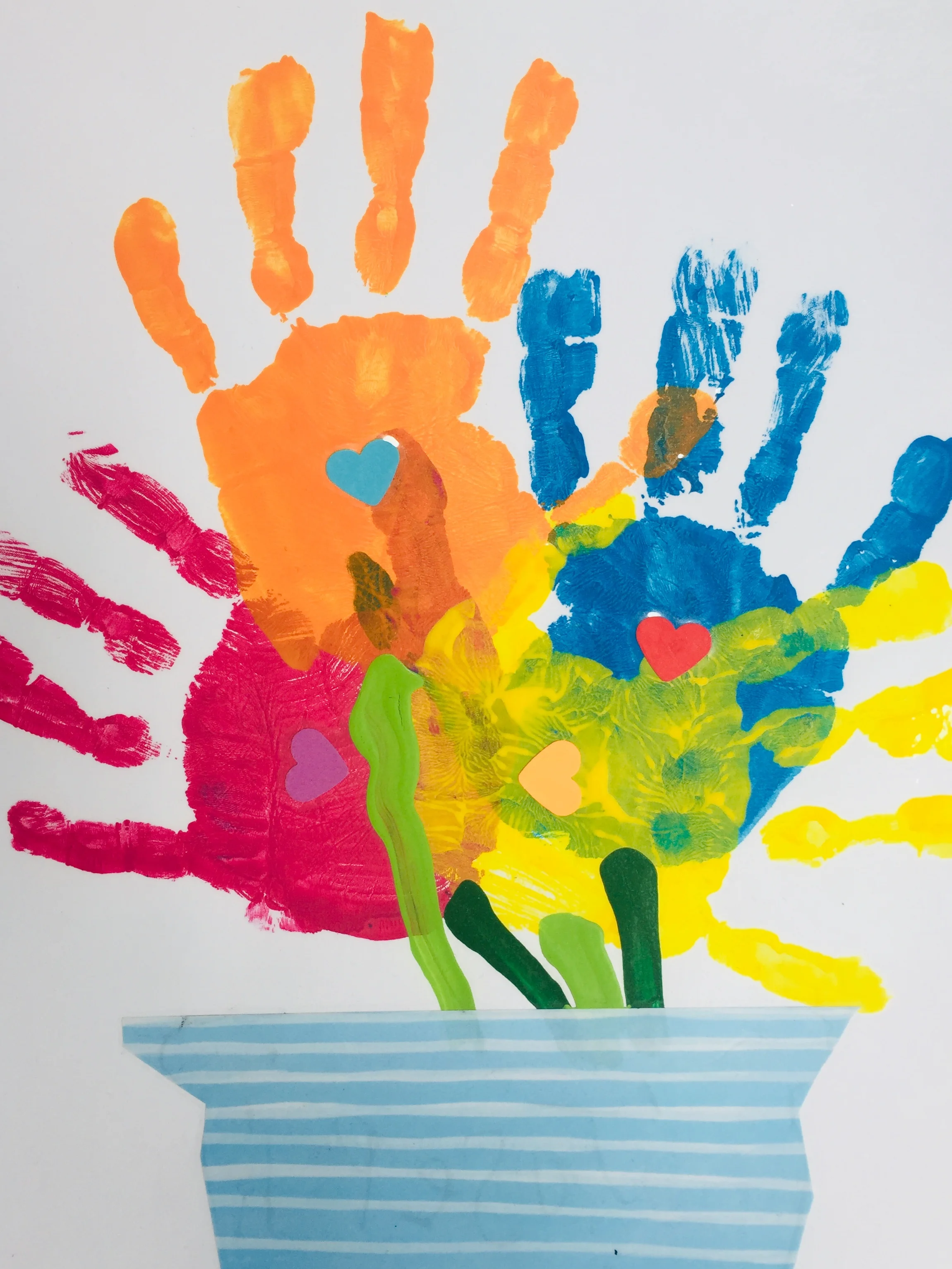
for siblings,
day-to-day life can be joyful, confusing, rewarding, and scary - sometimes, all at the same time!
The below resources give us insight into these emotions and provide tips for helping all our children feel seen, heard, and loved.

When my son was younger, he thought every little sister had cystic fibrosis. When we met new friends, he would discreetly pull me aside and whisper in my ear, “Does she have CF too?”
Now that he’s older, he realizes the uniqueness of his sister’s health. But that doesn’t stop him from feeling frustrated, angry, scared, and confused from time to time. And rightfully so!
I’ve met so many families whose eyes light up when they talk about siblings.
One mom told me that her young son didn’t realize he had a baby sister until she was several months old because she spent so much time in the hospital.
Another mom grieved the fact that one of her children could play sports and live a traditional childhood while her other could not.
A third mom expressed a bittersweet gratitude that both of her children had a chronic illness because at least they would “always have each other.”
These situations are all different, but they all highlight the need for a unique kind of support.
When a sibling is diagnosed with a serious illness, the family dynamic shifts. Brothers and sisters may feel scared or uncertain, and we parents may struggle to give them the attention and reassurance they need. This video and downloadable guide from the Courageous Parents Network can help us better understand siblings’ wants and communicate with them effectively and compassionately.

The Sibling Support Project is the first national program dedicated to the life-long and ever-changing concerns of millions of brothers and sisters of people with special health, developmental, and mental health concerns. It is best known for helping local communities start Sibshops - lively peer support groups for school-age brothers and sisters of kids with special health care needs. Sibshops are opportunities for brothers and sisters to play games; talk about the good and not-so-good parts of having a sibling with special health care needs; and interact with others who “get it.”
Recently, the Sibling Support Project asked 50 adult brothers and sisters of people with special health care needs: “When you were younger, what did your parents, family members, and service providers do to make you feel special and let you know they cared?” These siblings shared 100 ideas for how we can help our young children feel seen, heard, and loved on a daily basis.
Many siblings need time to adjust to their brother or sister’s new medical needs. Encouraging siblings to ask questions and express their thoughts and feelings can be helpful. Many siblings react in very positive ways - with love, care, and support. However, some may have trouble adjusting to the new situation. This guide from the Cystic Fibrosis Foundation gives us 10 tips for communicating with siblings and helping them cope.

Young brothers and sisters may need help understanding and processing their feelings. Here are several suggestions from pediatric social workers on how parents can help.

Invite siblings to come to doctor’s appointments and introduce them to the care team.
Encourage siblings to share their feelings through drawing, painting, or telling stories.
Help siblings name feelings like anger, jealousy, guilt, or fear. Let them know that it’s okay to feel these emotions, and that you are here to help.
When siblings ask questions, answer with simple language in a way they can understand. “She has cystic fibrosis, and her lungs need extra help to stay healthy. That’s why she does her vest every day.” Over time, this can also help siblings answer questions they may get from friends.
Set limits that apply to all children in the family. Avoid the temptation to relax family rules.
Set aside personal time for each child. This can be a special activity, a special bedtime routine, or more.
Get siblings involved in their own activities. Give them something to look forward to that is uniquely theirs.
Inform siblings’ teachers of the situation at home. This can help them better understand how to care for siblings at school. It also gives them a heads up should a sibling ask a question or make a related comment at school.
Ask your social worker or mental health professional how they can help you support siblings.
Have a tip or tool that has helped brothers or sisters work through frustration, confusion, anger, jealousy, or fear? Please share it! Here are a few specific areas where our community could use your help:
How/when do you talk to a sibling about brother or sister’s health?
How have you been able to make a sibling feel seen, heard, and loved?
How do you respond when a sibling voices frustration, anger, or fear?
What have you done to make more time for siblings?
How do you work through sibling resentment or jealousy?
How do you prioritize daily care without making it the epicenter of your family’s schedule?
How do you foster a supportive, collaborative relationship among siblings?